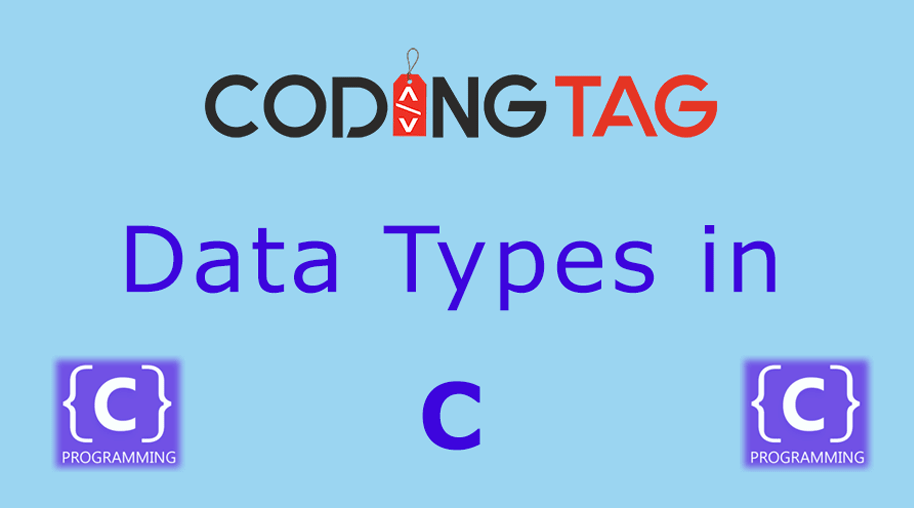#pragma in C
0 925
The #pragma in C is used to provide additional information to the compiler, control compiler-specific behaviors, or enable/disable certain features like optimizations, warnings, or dependencies.
It allows you to fine-tune the compilation process and can be used for platform-specific or optimization-related tasks.
Syntax of #pragma in C
#pragma directive_name [option]Example:
// Program for #pragma in C #include<stdio.h>Output:#pragma GCC optimize("O3") int main() { printf("Optimized code example.\n"); return 0; }
Optimized code example.
Uses of #pragma in C
Optimizations: To instruct the compiler to apply specific optimization levels.#pragma GCC optimize("O3")
Warnings: To enable or disable certain compiler warnings.
#pragma GCC diagnostic warning "-Wunused-variable"Platform-specific Code: To handle platform-specific code or dependencies.
#pragma onceDependencies: To link or include specific libraries or headers.
#pragma comment(lib, "mylib.lib")Inline Functions: To hint the compiler to inline a function.
#pragma inlineData Alignment: To specify the alignment requirements for data structures.
#pragma pack(1)

Share:








Comments
Waiting for your comments